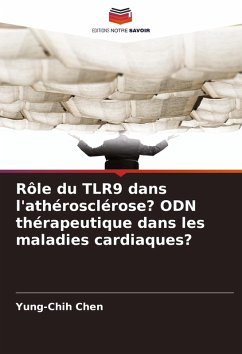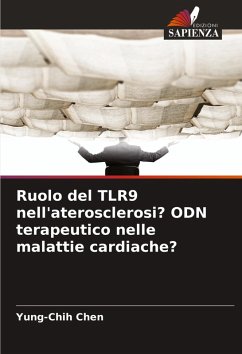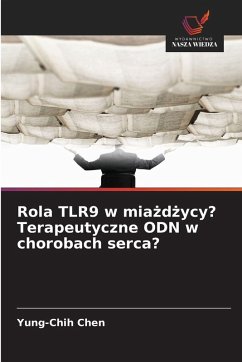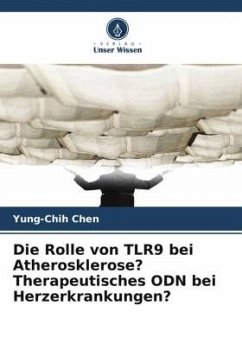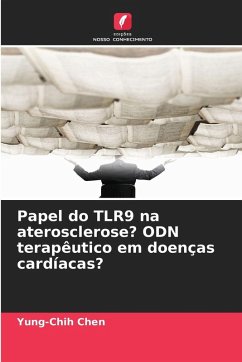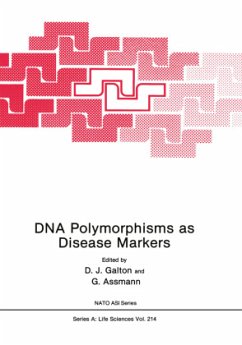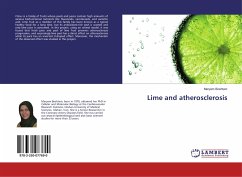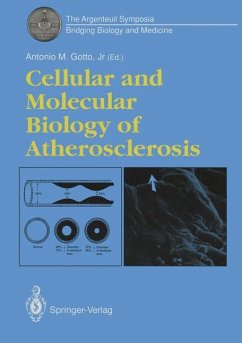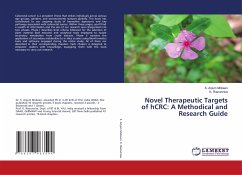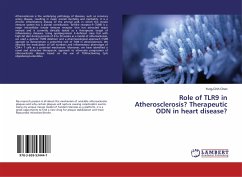
Role of TLR9 in Atherosclerosis? Therapeutic ODN in heart disease?
Versandkostenfrei!
Versandfertig in 6-10 Tagen
24,99 €
inkl. MwSt.

PAYBACK Punkte
12 °P sammeln!
Atherosclerosis is the underlying pathology of diseases, such as coronary artery disease, resulting in major overall mortality and morbidity. It is a chronic inflammatory disease of the arterial wall, in which the innate immune system has a pivotal contribution. Toll-like receptor-9 (TLR9) is a major intracellular innate immune receptor that has attracted major interest and is currently clinically tested as a therapeutic target of inflammatory diseases. Using apolipoprotein E-deficient mice fed with high-fat diet during periods of 8 to 20 weeks as a model of atherosclerosis, we used a genetic ...
Atherosclerosis is the underlying pathology of diseases, such as coronary artery disease, resulting in major overall mortality and morbidity. It is a chronic inflammatory disease of the arterial wall, in which the innate immune system has a pivotal contribution. Toll-like receptor-9 (TLR9) is a major intracellular innate immune receptor that has attracted major interest and is currently clinically tested as a therapeutic target of inflammatory diseases. Using apolipoprotein E-deficient mice fed with high-fat diet during periods of 8 to 20 weeks as a model of atherosclerosis, we used a genetic (TLR9 deletion) and a pharmacological approach (TLR9 agonist) to demonstrate a protective role of TLR9 in atherosclerosis. We describe the modulation of cell numbers and inflammatory phenotype of CD4+ T cells as a potential mechanism. Moreover, we have identified a novel and attractive therapeutic approach to attenuate progression of atherosclerotic disease based on the use of TLR9-activating CpG oligodeoxynucleotides.



